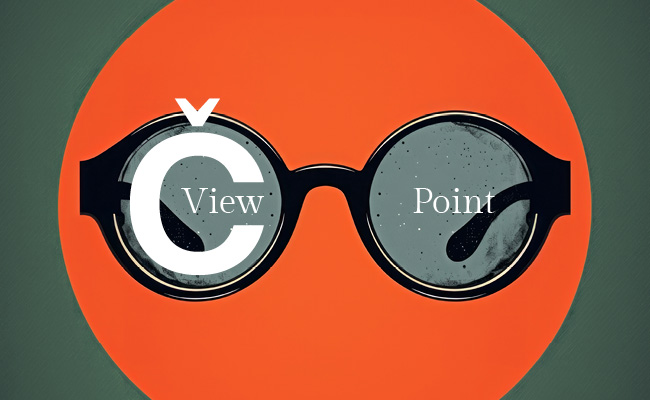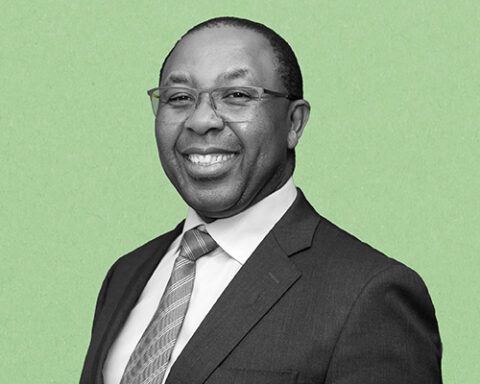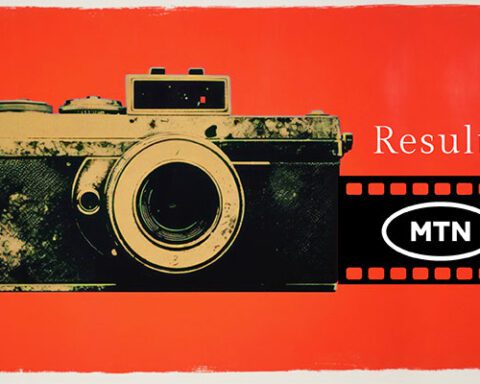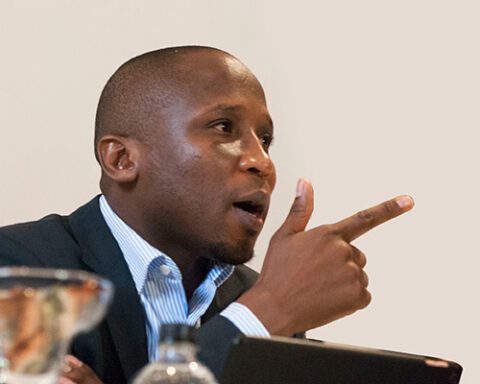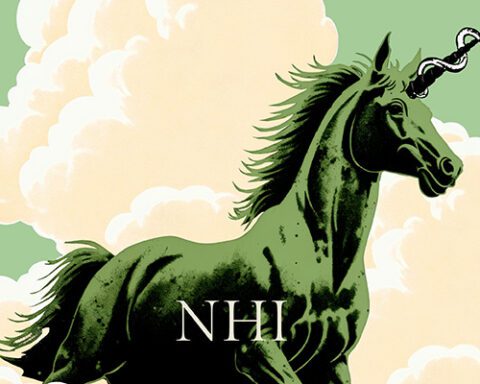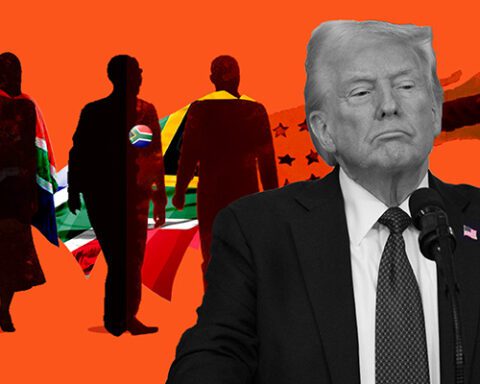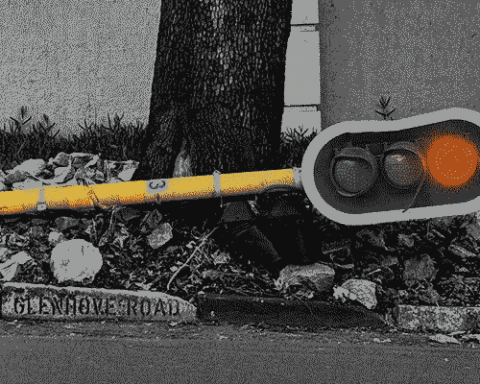The total brand value of the world’s 500 most valuable banking brands has risen 13% year on year to hit $1.6-trillion, marking the first double-digit increase in four years. That’s according to the Banking 500 2025 survey by Brand Finance.
The top four are all from China: the Industrial and Commercial Bank of China has retained its title as the world’s most valuable banking brand for the ninth consecutive year, growing by 10% to $79.1bn. It’s followed by China Construction Bank, Agricultural Bank of China and Bank of China.
In Africa, meanwhile, banks have seen average brand value growth of 22%. Put another way, continental lenders created about $15.2bn in value.
The regional growth in brand value masks some impressive individual country performances. Kenya (+49%) and South Africa (+ 24%) saw above-average growth, while West and North African markets lagged slightly. Morocco grew by 21%, Nigeria by 16% (despite the decline of the naira) and Egypt by 8%.
Capitec Bank, in particular, enjoyed a remarkable 100% increase in brand value compared to the previous year. Significant improvement in profitability, continued diversification of its business lines and consistent brand equity growth were some of the factors behind the rise. In fact, Capitec earned perfect scores (10 out of 10) on key metrics like “brand I love”, “brand consideration” and “brand engagement”.
Brand value is understood as the net economic benefit that a brand owner would achieve by licensing the brand in the open market. Brand strength is the efficacy of a brand’s performance on intangible measures relative to its competitors.
Other noteworthy contenders include Nedbank (+37%) and Rand Merchant Bank (+31%); Kenya’s Co-Operative Bank (+36%) and Equity Bank (+23%); Nigeria’s GTCO (+32%), and Morocco’s Attijariwafa Bank (+27%).
Despite these impressive gains, no African banking brands made the top 100 due to weak domestic currencies and high regional risk.
Notwithstanding a decade of zero growth, South Africa’s banks remain the highest-ranking in Africa, with Standard Bank at 134 (up four places since 2024), First National Bank at 158 (up 11 places since 2024), and Absa Bank at 170 (up two places since 2024).
Nigerian banks saw the largest declines in brand value and global ranking, largely driven by domestic fiscal challenges.
Still, Africa is part of a broader trend of emerging-market banks leading in brand growth and the continent has the highest average brand strength score globally, at 80.21, meaning African banking brands typically achieve a AAA rating. The Middle East follows with an average brand strength score of 66.7, while South America has an average brand strength score of 61.7.
Going mobile
Given that Africa has only had formal banking since the mid-19th century, African banks cannot compete by relying only on their underlying business size and must be extremely strong to be featured in the global top 500 banks. This makes for a particularly dynamic market, and financial services remain one of the most competitive categories for African brand custodians and marketers.
Part of the continent’s strength lies in the powerful growth of mobile banking: Africa is home to nearly half of the world’s mobile banking accounts, according to the World Economic Forum. New players do not need expensive, cumbersome physical infrastructure to reach highly distributed audiences, and Africa’s widespread digital adoption has driven financial inclusion, at scale, in ways that traditional banking could not.
According to the 2025 Brand Finance global brand equity monitor research, a strong digital banking offering (online and/or mobile) is crucial for building brand strength. It is no longer just a functional feature or a competitive advantage; it has become an essential part of any banking offering and is key to building brand love, brand reputation, and credibility.
The relatively high importance of a great digital banking offering in driving consideration is unique to the African region – and even more important than traditional drivers of choice such as trust, value, or even ease of use.
Though pure-play digital banks in the region are still small and emerging, their ability to disrupt the traditional banking landscape across the continent should not be underestimated.
Unlike Europe, the Middle East and Brazil, Africa has not yet seen any digital native challenger brands break into the global 500 ranking. While fintech platforms such as Safaricom’s M-Pesa and MTN’s MoMo (Mobile Money) pioneered mobile payments, the African market is now crowded with fintech startups offering a range of payment and lending services to previously under-served and younger customers.
In the transactional banking realm, full-scale digital banking offerings have been slower to market because the regulatory and financial barriers to entry are significantly higher than for mobile money platforms. However, a growing number of digitally native banks are emerging.
Notable African brands to watch include South Africa’s TymeBank and Discovery Bank, Nigeria’s Moniepoint, and Tanzania’s Selcom Pesa.
TymeBank recently became one of Africa’s unicorns when it reached a $1.5bn valuation at the end of 2024, after securing $250m in a Series D capital raise.
Brazil’s Nubank, which ranked 90th in the Banking 500, led the round with a $150m investment. It will be interesting to see how Nubank leverages its brand-building know-how to influence and shape TymeBank’s brand growth in Africa.
North Africa is yet to launch a full-service digital-native bank, though most banks in the region are heavily investing in digitising their banking channels and services to meet growing consumer demand.
Though much work remains to be done to realise Africa’s development goals, the success of these home-grown brands sets the tone for other sectors. And it demonstrates what is possible when strong business performance is paired with brands beloved by customers.
The Banking 500 2025 report is available here.
Jenny Moore is head of strategy and insights at Brand Finance Africa.
Sign up to Currency’s weekly newsletters to receive your own bulletin of weekday news and weekend treats. Register here.
